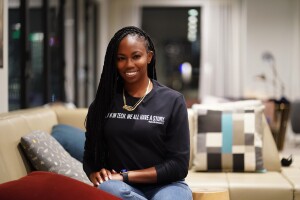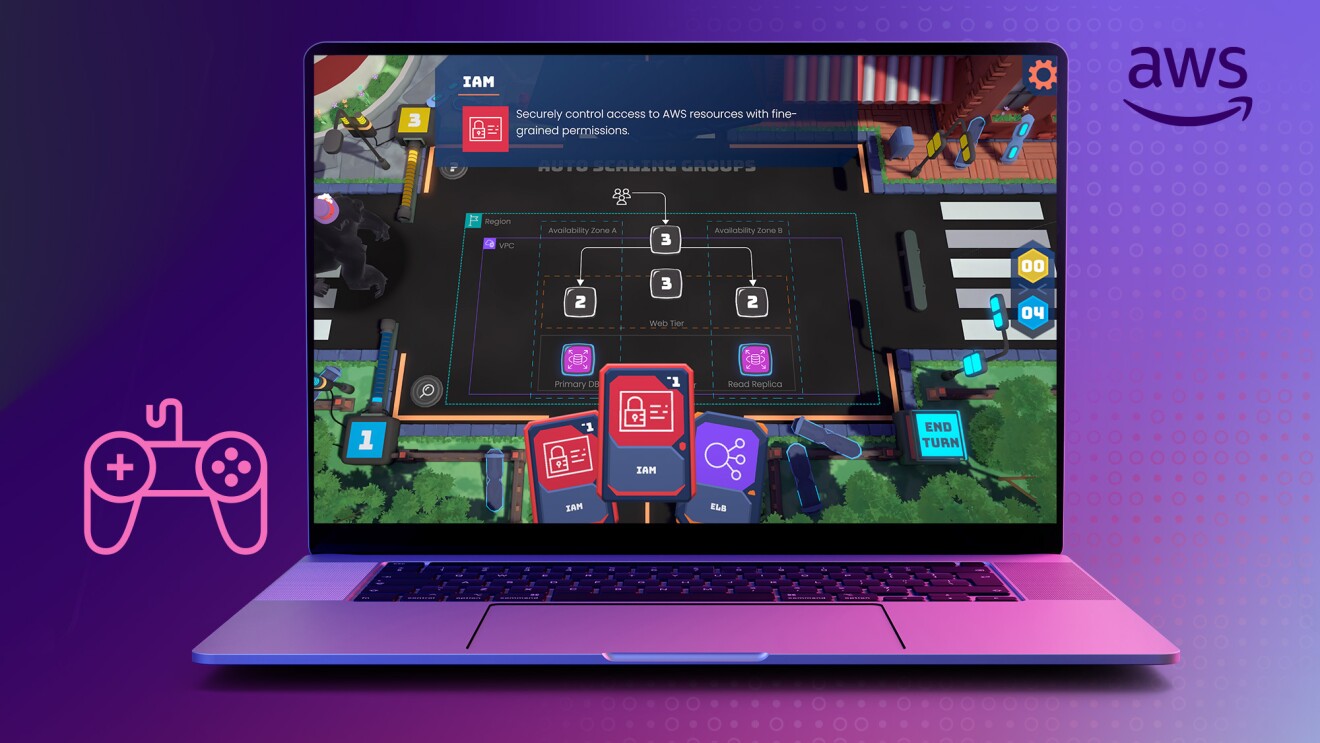As a Black man joining a global company, Jibril Touzi recalls entering the unknown when he started as a cloud support engineer at Amazon Web Services (AWS) in Cape Town, South Africa, in 2014.
 Jibril Touzi, senior edge specialist solutions architect at AWS
Jibril Touzi, senior edge specialist solutions architect at AWS“When you’re from a minority group—race, gender, sexual orientation, disability, religion, ethnicity—and you join a (large) company like Amazon, there’s always some apprehension and anxiety,” Touzi said. “Two main questions torment your mind: ‘Will I be accepted as I am? Will my work be recognized at its fair value?’”
Touzi, who is originally from Cameroon in Africa, quickly learned that at Amazon, the answer to his two questions was a resounding “yes.” He felt welcomed by all employees and never like an outsider. He also never experienced any problems with English not being his native language.
As AWS has grown, so have organized efforts around inclusion, diversity, and equity. Amazon now boasts 13 affinity and diversity groups, whose presence can be traced back to groundwork laid by the Black Employee Network affinity group, or BEN.
Established in 2005, BEN’s primary purpose has been to provide a support structure for Black employees at Amazon and to champion inclusion and diversity throughout the company and across the globe.
‘Not OK with the status quo or performative change’
 Angelina Howard, senior product manager, AWS Industry Products
Angelina Howard, senior product manager, AWS Industry ProductsAngelina Howard, former president and current advisor for BEN, said AWS has been one of BEN’s biggest supporters. She’s happy to see the AWS Inclusion, Diversity, and Equity (ID&E) team celebrate Black culture opportunities for Black employees via programs like BEN Rise Leadership and Management Leaders for Tomorrow (MLT).
“The AWS ID&E team does a great job empowering Black culture internally and externally,” Howard said. “For example, in 2020 AWS spearheaded a video forum series called ‘Courageous Conversations,’ which provided a safe space for employees to discuss [the] racial trauma that the Black community was feeling in 2020.”
Howard, who transitioned to AWS from the Amazon Consumer organization in 2021, has led initiatives resulting in grants for Black-owned businesses during COVID-19 and helped create a Black Excellence Gala that benefitted organizations dedicated to STEM (science, technology, engineering, and mathematics) education. She also helped create BEN Startup Week, a week-long series of events promoting Black entrepreneurship and innovation; the BEN Scholarship Program for students; and BEN Rise, an eight-month program that helps accelerate the success of future Black leaders at Amazon.
While these and similar programs and initiatives are effecting real change across the organization, Howard appreciates that there’s always more work to do. Howard’s optimism about the future is similar to the enthusiasm that’s common among AWS builders—a feeling that innovation never slows and there’s no limit to how far your ideas can take you.
“There is still work that needs to be done and leaders recognize that. I have seen AWS senior leaders create goals and mechanisms to not only increase representation, but also make the culture inclusive for existing employees," Howard said. "AWS leaders are not OK with the status quo or performative change.”
Attracting diverse talent
 Ebony Taylor, inclusion, diversity, and equity leader at AWS
Ebony Taylor, inclusion, diversity, and equity leader at AWSEbony Taylor led a team dedicated to inclusive initiatives to intentionally drive equity in talent decisions and attract diverse talent. Taylor now leads the Builder Engagement team on the Inclusion, Diversity, and Equity team and is proud of its three main focus areas:
- Learning and inclusion: providing learning products to educate builders on inclusion and equity
- Community engagement: creating STEM pathways in underserved communities to transform the future of technology
- Equity experience: providing programming and solutions to reimagine the experience of diverse talent throughout the employee lifecycle
Black representation across Amazon is on the rise, and our commitment to continuing this upward trajectory is steadfast.
“If all Amazonians looked the same with the same lived experiences,” Taylor said, “we would struggle to think more broadly and holistically and create products and solutions for all customers.”
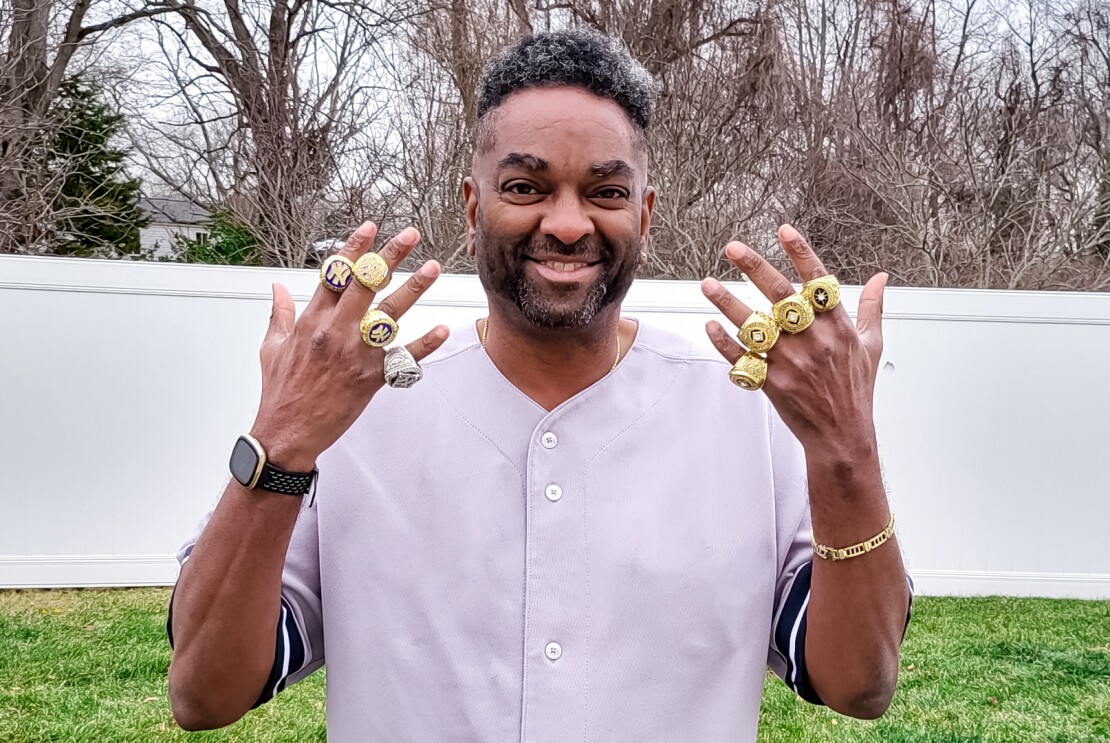 David Williams, AWS senior technical account manager
David Williams, AWS senior technical account manager Beyond Amazon’s internal efforts to grow representation, AWS Senior Technical Account Manager David Williams especially appreciates efforts that encourage and support youth of color to pursue STEM education and alternative learning programs. His hope is that young people of color have opportunities to study computer programming, web design, cybersecurity, and other technology fields in the same way students in high school study trades to become an auto mechanic, electrician, HVAC technician, and more.
“Too often in the world we live in, college is the only way in—but not everyone can attend college or is suited for that,” Williams said.
This is precisely the intent behind programs like the Amazon Future Engineer Class Chats, where Amazon and AWS professionals volunteer to share their personal career journeys with K-12 students and answer questions about careers in tech. AWS Worldwide Specialists Account Manager Brandon Middleton began volunteering for the program in 2020 and has given Class Chats to hundreds of students from fifth to 12th grades, with many more scheduled in 2022. He’s also secured nearly $40,000 in contributions for Bay Area STEM nonprofits where he volunteers.
Middleton, who has an MBA from UC Berkeley and a B.S. in electrical and computer engineering from the University of Illinois Urbana-Champaign, said he cares deeply about fixing the opportunity gap in the tech industry so that historically underserved communities get access to participate in STEM-related careers.
Inclusive culture—and tech
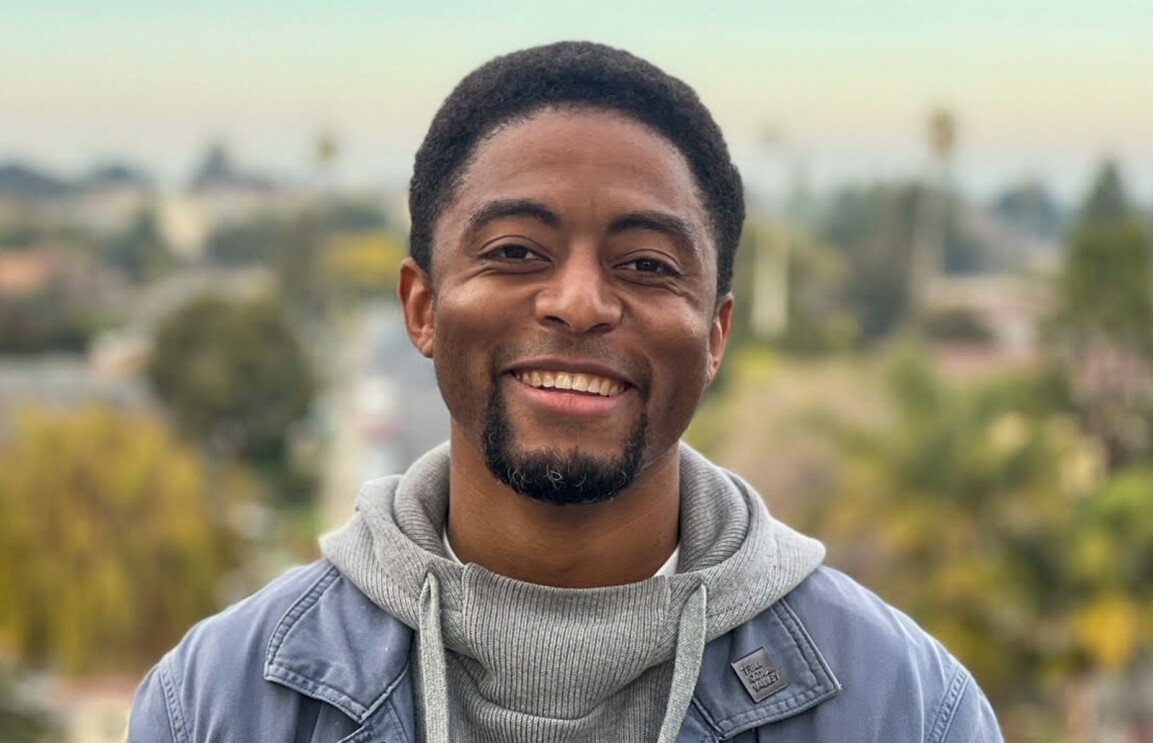 Brandon Middleton, AWS worldwide specialists account manager
Brandon Middleton, AWS worldwide specialists account managerAWS Technologist Diya Wynn has dreamed of a tech career since she was in the third grade, which is when she got her first computer. She said that computer helped her imagine a future of opportunities that looked nothing like what she’d seen or grown up around.
After nearly 30 years influencing products and delivering services for early- and growth-stage companies, she joined Amazon expecting to experience the same challenges that Black women working in tech often face. She said the supportive and accepting community she found at AWS was a refreshing departure from what she’d come to expect in corporate working environments.
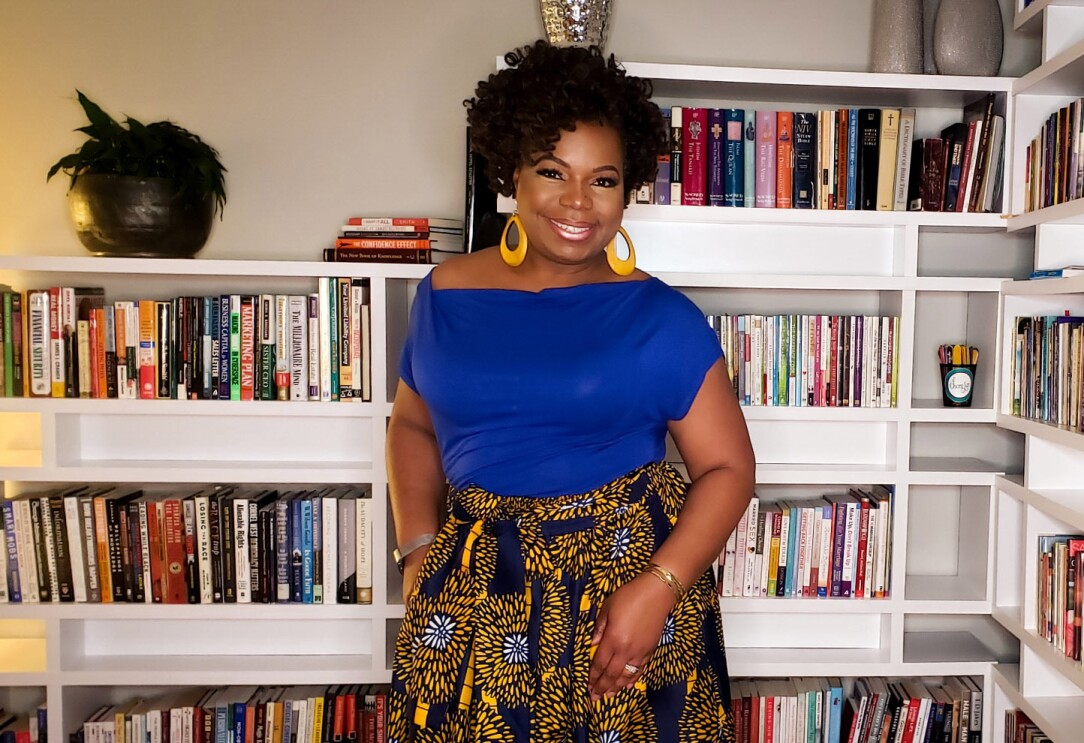 Diya Wynn, AWS technologist
Diya Wynn, AWS technologist AWS/Amazon has growing communities of like-minded individuals throughout the company. There are affinity and common interest groups that are central to the vibrant community I've experienced and been active in," Wynn said. "The way we talk about inclusion here—trusted, valued, connected, and informed—requires acceptance, and building an inclusive culture is always an area of focus.”
Ever since Wynn joined AWS, she’s had opportunities to influence organizations, shape programs, and impact how they’re delivered. She said she’s been able to accomplish this at a scale and scope far beyond what she’s been able to do at previous organizations, thanks to the inclusive culture at AWS.
“I'm also proud of the impact we can now make helping organizations build safe, fair, and equitable systems and products with artificial intelligence (AI),” Wynn said. “This can move people and organizations to use their power and influence to create space and advantage for others. That’s building inclusive tech and something to be proud of.”
Communities for learning and building
Community is something Senior Software Development Engineer Jenee Benjamin has found through various ways across AWS. She’s participated in workshops about topics ranging from Amazon’s promotion process to technical problem-solving challenges for engineers. For the Black community, there are channels and resources to find mentors, career development, open Amazon and AWS positions, volunteer opportunities, and many other interests.
Trending news and stories
- Amazon unveils 7 new robots powering faster, safer deliveries: Go inside our most innovative delivery station yet
- Introducing Vulcan: Amazon's first robot with a sense of touch
- This new AI tech will make sorting packages easier for Amazon's delivery station employees
- 15 photos from Project Kuiper's first launch of low Earth orbit satellites


